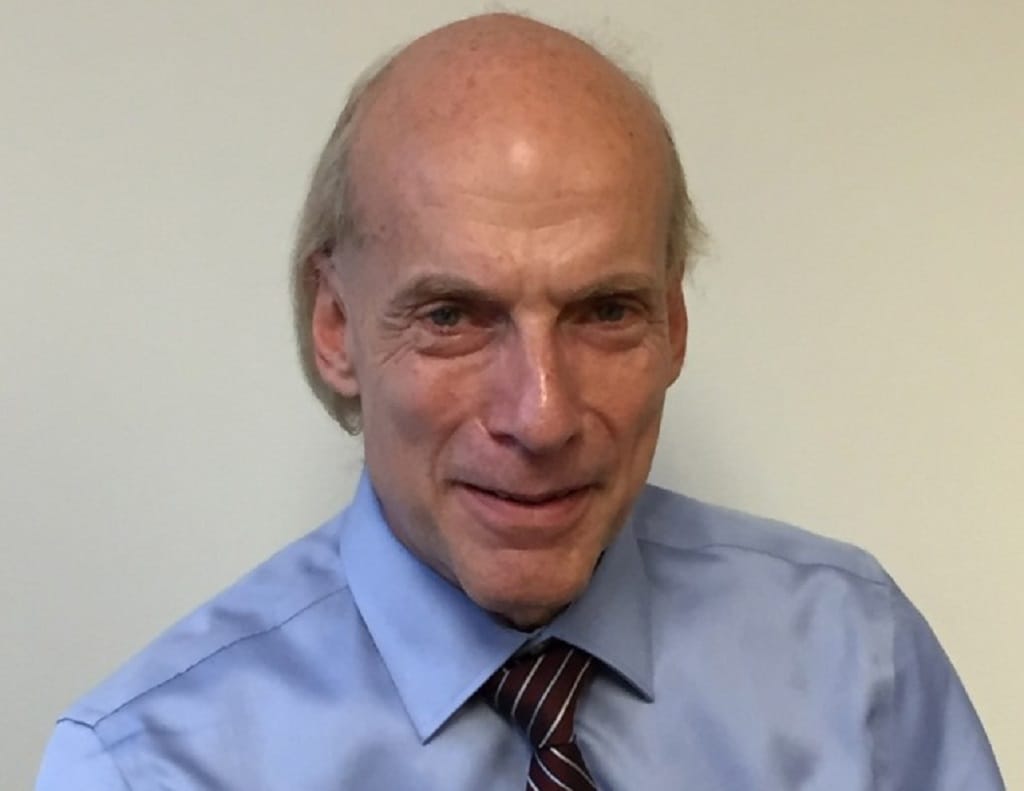Biased Data Causing Racist AI, Free Speech and Digital Advertising, Detroit Suburb Offers Gigabit Network
Facial recognition technology has malfunctioned more frequently for people of color, Federal Communications Commissioner Geoffrey Starks said at the Multicultural Media Telecom and Internet Council event on Wednesday. “Dirty data is a big problem,” he said, and defined that term as missing or wrong
Liana Sowa

Facial recognition technology has malfunctioned more frequently for people of color, Federal Communications Commissioner Geoffrey Starks said at the Multicultural Media Telecom and Internet Council event on Wednesday.
“Dirty data is a big problem,” he said, and defined that term as missing or wrong data as well as non-standard representation of the same data by different people, as well as manipulated data derived from or influenced by bias or distorted practices that reflect individual and societal biases.
Relying on this data tends to produce outcomes that reinforce negative stereotypes, he said.
If an algorithm uses a racially skewed arrest statistic to determine that black neighborhoods have higher instances of crime that can lead to lower property values, lowers the ability of black homeowners to build homes, makes them higher credit risks because those biases correlate to residing in a low-income neighborhood.
Similar outcomes can be seen in the healthcare industry, continued Starks, where racial bias in a particular algorithms reduced the number of black people identified for extra care by half.
“These are life-changing events,” he said.
Starks advocated the elimination of bias from the algorithms, insist that those using AI are educated about bias, and ensure that proper guidelines and rules about AI are used to keep all Americans protected.
House Majority Whip James Clyburn, D-S.C., pointed out that when it came to digital inequity and improving rural communities, race was not the only concern. He said that while people of color often ended up in rural communities, from the beginnings of America, rural communities have been disadvantaged and until something is done to change that structure, it will continue.
How digital advertising furthers free speech
The Media Institute’s Digital Media Center on Wednesday said that digital advertising furthers free speech because it has fueled explosive growth of internet content such as news.
The brief, “The Role of Targeted Advertising in Supporting First Amendment Principles,” was authored by Media Institute President Richard Kaplar.
“Digital publishers and the online advertisers that support them have given the United States – and the world – access to more news, information, entertainment, and personal expression than ever before in history,” Kaplar wrote.
Advertisers must pay a premium for “targeted” ads, which are directed to consumers based on their data. This system, he argues, supplies a larger revenue pool to support online content.
He concluded that legislators or other government officials who either directly or indirectly attempt to restrict online speech or the advertising that enables it must answer to the First Amendment.
City of Wyandotte uses CommScope for economic growth-focused municipal fiber network
The Detroit suburb of Wyandotte, Michigan, has partnered with CommScope to accelerate its digital transformation through high-capacity, low-latency fiber technology to nearly 13,000 homes and more than 25,000 residents and 700 commercial buildings, the company announced Tuesday.
By providing both the fiber technology and expertise, CommScope will enable nearly 13,000 homes and more than 700 commercial buildings to have access to a new network with up to 10Gbps of internet, IP video and smart home services.
The full conversion to fiber-to-the-home, including 10 Gigabit per second (Gbps) connectivity, IP video and smart home services. CommScope will supervise mMultiple contractors, network component integration, and relocation and expansion of the headend video link.
“Wyandotte is an area that has flourished, developing a reputation as a destination for new and expanding businesses. We are spreading economic growth and investing in arts, food, culture, retail and services that will be attractive to future generations,” said Paul LaManes, the city’s general manager. “Super-fast broadband will kick this evolution into a new gear, paving the way for new applications that improve the quality of life and advance social progress. CommScope [is] helping us to build a smarter and more strategic network.”
CommScope Professional Services will provide both inside and outside plant construction management and headend relocation. Consulting services include hybrid fiber coaxial and FTTH architecture analysis, network evolution, FTTH design services, off-air antenna and satellite signal surveys.









Member discussion